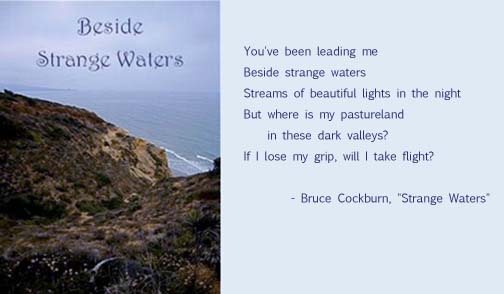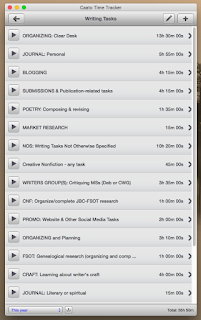Because I am trained primarily as a poet, I am always perplexed by attempting to critique fiction. So today's question is:
Do experienced, published authors (as opposed to aspiring authors) actually introduce their main characters by first and last name immediately?
I have a gut feeling that good writers don't do this, but I don't have evidence to back this up.
I do have two novels here in the motor home with me:
Explorer and
Destroyer, both by C.J. Cherryh, plus some Kindle books. So I can do some research on this even without access to an entire library.
EXPLORER BY C.J. CHERRYH: “Steam went up as the shower needled Bren's back….” NO for example #1
DESTROYER BY C.J. CHERRYH: Two ¶'s about spider plants aboard the starship, mention of another character (Narani) by first name only, and finally, mention of our main character's name, but not in direct reference to him. Rather, “Bren Cameron's devoted staff had by now offered spider plants to every colonist in the deck above…”. So I'm going to say a QUALIFIED NO for example #2.
ROLLING IN THE DEEP BY MIRA GRANT. Opens with dialogue: “Captain Seghers, permission to come aboard?” End of next long ¶, we discover her full name in this sentence: “Deaths were unlikely, given the number of precautions in place, but Jovanie Seghers had been working the ocean long enough to know that nothing could be ruled out.” I'm going to call that a NO.
FRANKENSTEIN BY MARY WOLLSTONECRAFT SHELLEY: Narrator is writing a letter to his sister, and signs it R. Walton. NO
DRACULA BY BRAM STOKER: Chapter heading “Jonathan Harker's Journal” - so no clunky introduction in the text. I'm calling this a NO.
FOLLOW YOU HOME by Mark Edwards. First-person narrator, identified only as Daniel when kissed by Laura. NO.
WAR BRIDES by Helen Bryan. In the first sentence of the prologue, we have our first example of full name and title for a main character: “In the departure lounge of the Atlanta airport on an early May evening, Alice Osbourne Lightfoot, the trip's organizer, smiled at everybody and said, "Hey! How you doin' this evenin'?” As she ticked their names of her list of their London-bound party.“
Finally, a YES.
TAKE ME WITH YOU BY CATHERINE RYAN HYDE. "August Schroeder stood at the rear door of his broken-down motor home, looking out through the small, square window.”
A second YES.
WAR AND PEACE BY LEO TOLSTOY. One paragraph of dialogue, then “It was in July, 1805, and the speaker was the well-known Anna Pavlovna Scherer, maid of honor and favorite of the Empress Maria Fedorovna.”
YES #3.
CHIMERA BY MIRA GRANT. Opens with a transcription of a video recording. “DR. CALE: My name is Dr. Shanti Cale.” I think we have to call this
YES #4.
THE GIRL ON THE TRAIN BY PAULA HAWKINS. First-person narrator, so NO.
2030: THE REAL STORY OF WHAT HAPPENS TO AMERICA BY ALBERT BROOKS. “It was a normal day, or so it seemed. Actually, nothing in 2030 seemed normal, not to Brad Miller anyway.”
YES #5.
I think I can stop here, and say with certainty that
yes, main characters are usually introduced by their first and last names, but their names are rarely (if ever) the opening words of the novel.







